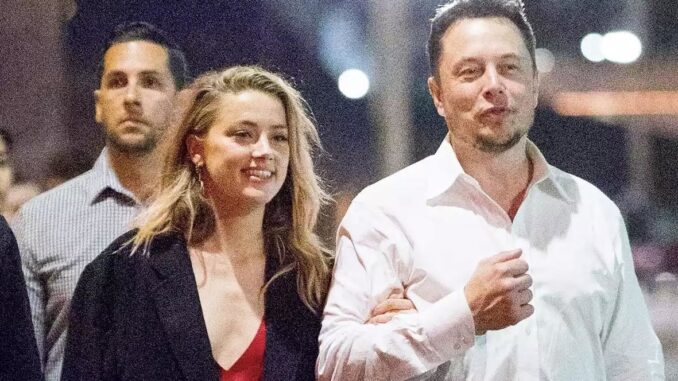
Tesla and Space X founder Elon Musk recently announced that a second human has received a Neuralink cybernetic implant.
Musk, the founder of the brain-computer company, Neuralink Corp., spoke about the second successful implantation during a podcast hosted by computer scientist Lex Fridman.
“I don’t want to jinx it, but it seems to have gone extremely well with the second implant,” Musk said. “There’s a lot of signal, a lot of electrodes. It’s working very well.”
Musk called the next steps for Neuralink “gigantic,” and he predicted in the coming years that the company will increase the number of electrodes dramatically and improve signal processing. Electrodes, primary components in batteries, acquire brain signals that are then routed to the electronics in the implant, “which process and wirelessly transmit the neural data to an instance of the Neuralink Application running on an external device, such as a computer.”
“Our brain-computer interface is fully implantable, cosmetically invisible, and designed to let you control a computer or mobile device anywhere you go,” according to Neuralink’s website.

The second implantation surgery was postponed in June after the patient initially scheduled to undergo the procedure had to withdraw due to an unspecified medical condition, Bloomberg reported, citing Michael Lawton, chief executive officer of the Barrow Neurological Institute.
Quadriplegic Noland Arbaugh was the first human to have Neuralink implanted. He had the procedure done earlier this year as part of a clinical trial.
Arbaugh, 30, told Bloomberg in May that the device has helped his life, including allowing him to play video games and chess and surf the Internet with ease. Before the surgery, Arbaugh was still reacclimating to life following a diving accident in mid-2016 that left him with a dislocated spine.
“Once you get a taste for using it, you just can’t stop,” Arbaugh said about Neuralink, per Bloomberg.
Arbaugh did encounter some issues during his Neuralink experience.
“I started losing control of the cursor. I thought they’d made some changes and that was the reason,” Arbaugh said, per Bloomberg. “But then they told me that the threads were getting pulled out of my brain. At first, they didn’t know how serious it would be or a ton about it.”
Like Arbaugh, Musk confirmed during the podcast that the second Neuralink recipient had a spinal cord injury.
